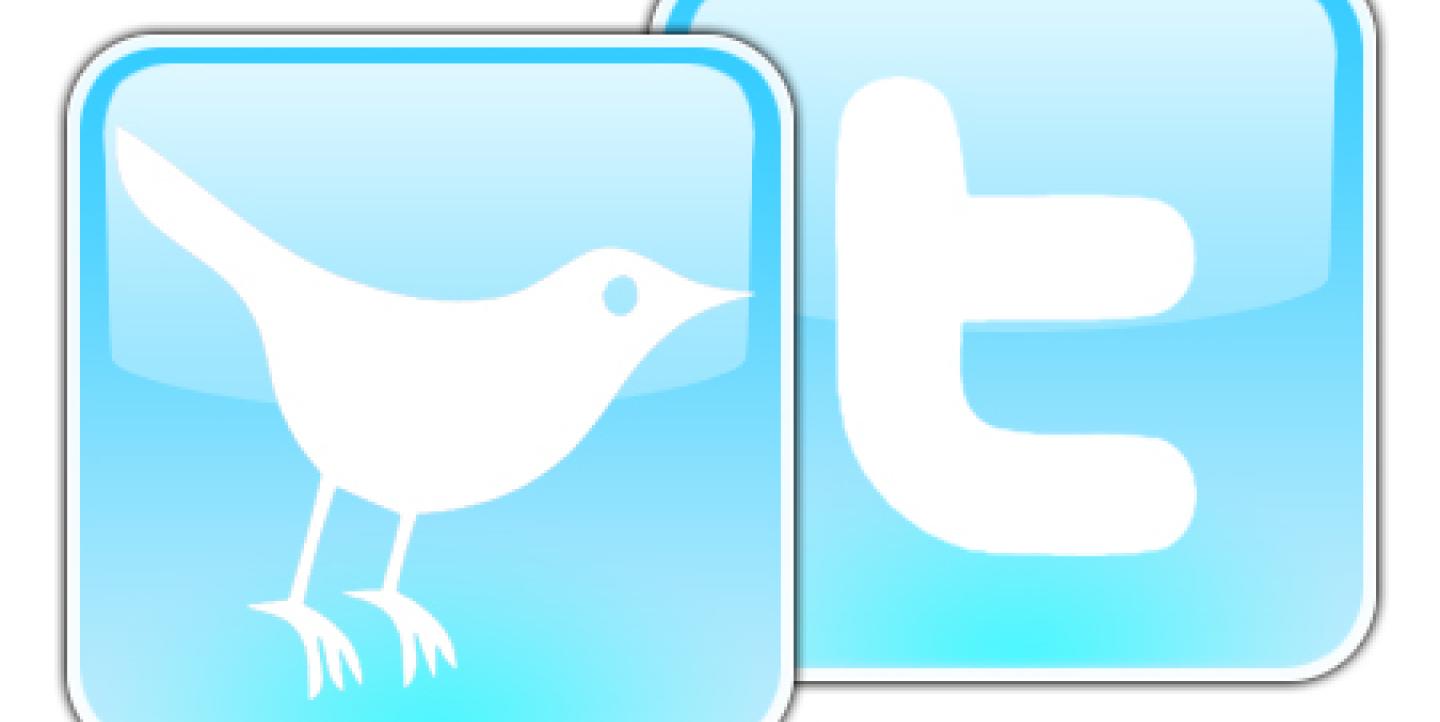To celebrate the launch of our newly redesigned website (coming soon), IJNet will host two Twitter chats. Tomorrow, December 9, at 9:00 AM EST, IJNet staff will answer your questions about the site in real time.
We are especially excited to announce that IJNet digital media consultant Amy Webb will join us for a Twitter chat December 15, at 9:00 AM EST. This will be a great opportunity for you to ask questions of our hugely popular columnist, while also connecting with other journalists around the world.
The hashtag for both events will be #ijnetchat.
Don't know what a hashtag is? Then this is a great time to sign up for Twitter and learn how it can make you a better--and more marketable--journalist.
Twitter is a micro-blogging tool that allows users to create updates of 140 characters, then broadcast the message to their networks. The potential network for Twitter is vast: there are more than 100 million registered users worldwide. To build a Twitter network, you can follow other people -- and they, in turn, can follow you. Twitter is a rich source of instantly updated information, and it allows users to access global information in real time. During a live chat, people can use Twitter to discuss topics and ask questions around a specific subject.
When it comes to reporting, Twitter can break urgent news or help an audience follow an important story. Many news organizations already use Twitter to curate news, organize features, locate sources and connect with readers.
To learn more, check out the following IJNet articles about Twitter:
For users new to Twitter and Social Media:
- If you have some trepidation about using Twitter as a journalistic tool, check out "To Twitter or Not”. This short introduction provides a launching point for journalists debating the professional advantages of social media. Next, be sure to read “Social Media Tips for Aspiring Journos,” a comprehensive list of the best social media tools (besides Twitter) available to journalists.
For journalists and editors looking to incorporate Twitter into their reporting:
- Twitter offers unique tools for both editors and journalists. For a great overview of these opportunities, read, "Ask an Expert: How Would You Twitter for Journalism?” Publishers, did you know that you can share breaking news audio reports on “TwitterGram”? Check it out here: “My Twitter Favorites: for Publishers”. And reporters, did you know you can use “TwitterLocal,” to find source material from a specific area? Read all about it at: “My Twitter Favorites: for Reporters”
Ethical Issues
- Just because Tweets are only 140 characters doesn't mean that journalism ethics don’t apply. To read more, see “Journalism Ethics and Twitter.” An example of inappropriate Twitter usage (in this case, covering a funeral) is also examined in the blog post “How Not to Use Twitter.”
For Twitter experts looking to advance their skills:
-
Want to really buff up your Twitter skills? Check out “Advanced Twitter: The Hashtag,” And if you’ve ever been curious about what the hashtag #followfriday is all about, read “What’s #followfriday?”
- Learn how to use a Twitter search tool at “Get Real-Time Twitter Search Results on Google” Use this guide to get ready for our live chat on December 9, at 9 AM EST. Happy tweeting! We’re looking forward to chatting with you.


